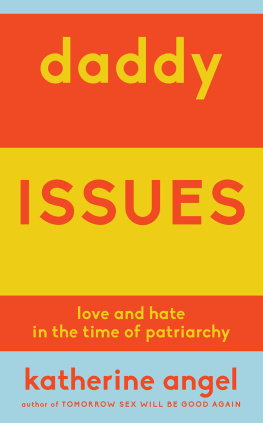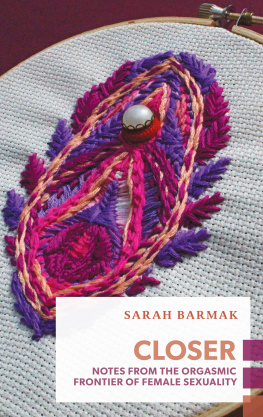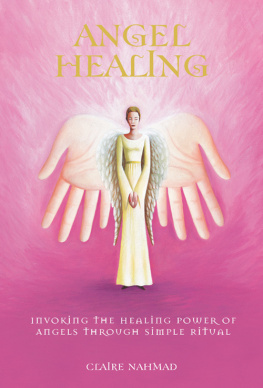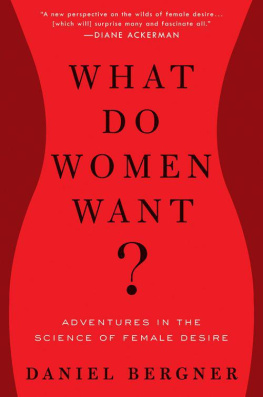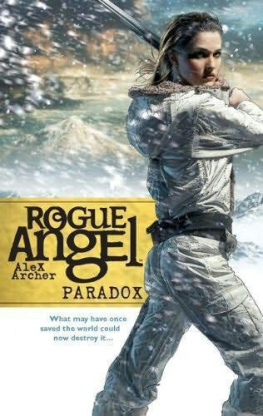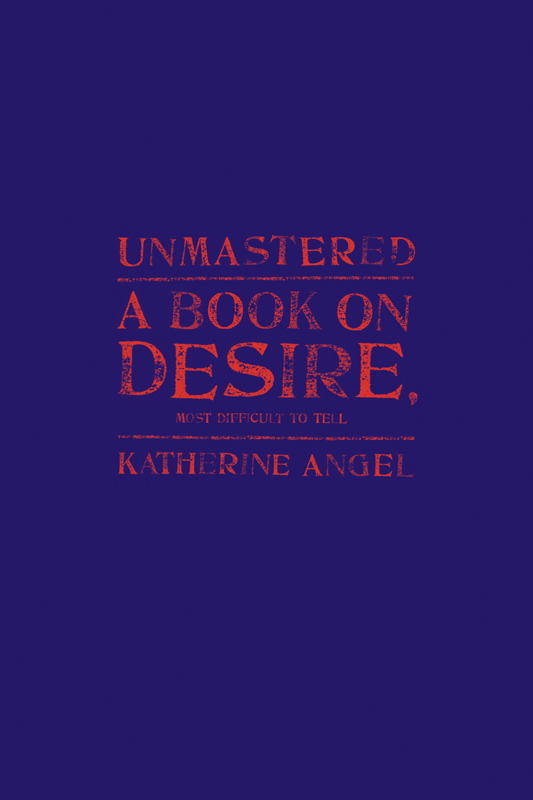
The author and publisher have provided this e-book to you for your personal use only. You may not make this e-book publicly available in any way. Copyright infringement is against the law. If you believe the copy of this e-book you are reading infringes on the authors copyright, please notify the publisher at: us.macmillanusa.com/piracy.
FOR RACHEL
One after another, she, Lily, Augustus Carmichael, must feel, our apparitions, the things you know us by, are simply childish. Beneath it is all dark, it is all spreading, it is unfathomably deep; but now and again we rise to the surface and that is what you see us by.
VIRGINIA WOOLF, To the Lighthouse
CONTENTS
TO SPEND ONESELF, TO GAMBLE ONESELF
I
Nearly ten years ago, in that sweltering summer, that heat wave summer, when to walk just half a mile meant a sticky sheen of sweat, I developed a phobia of moths.
* * *
I had never liked them, my nervousness shaped no doubt by my mothers fear of the things. Her brother used to breed huge African specimens in their East Anglia home; they would fly up at her, startled, out of her shoes, her bedclothes. And then there was a teenage summer spent in a Gothic pile in France, where hordes of angry bees rattled behind the chimney, and disconcerting noises-off unsettled the most rational of family and guests. Fat armies of sated flies and flotillas of dark, wide moths appeared every night in a bedroom in which my sister eventually refused to sleep.
* * *
When the stay was overbut only thenwe speculated giddily about dead bodies under floorboards.
* * *
So far, so manageable. But when that heat wave brought fatter, more alien moths to a tiny university town where I was deeply in love, and caught in the headlights of a Ph.D., dislike burgeoned into something else: an all-consuming terror whenever one would flap and flutter into view. Its blurry agitation would have me darting across a room before I knew what I was doing. Once, I leapt out of a shower in panic as one frantically ricocheted around the folds of a curtain. Out like a shot, I stood dripping shampoo on the hall carpet. The worst prospect: a moth sticking itself to my wet skin. It might disintegrate. A wing would be detached from a body; several different bits of moth might be stuck to me.
* * *
Dead, dismembered moth.
* * *
I went to a friends next door to rinse my hair.
* * *
There was a phase of nervously checking, at arms length, the curtains in my bedroom before sleep, poised to sprint from the scene should one rise from the lurid floral pattern. The pleasure of open windows on summer evenings was fraught with danger: those awful things, drawn to the light. Static, embracing a wall, they were almost worse, for they would inevitably move, taking disorganized, fitful flight. And when they were immobile one could see, if one dared look, their dreadful texture, their vile components.
* * *
I dreamt, once, of one pinning me down on the stone slabs of a suburban garden. It settled softly on me, trapping me under its insect blanket.
* * *
The wingswarm and dark, flimsy but strong. The furry texture of the body.
* * *
Those fucking moths.
II
Good loving can be fortuitous, partly a question of timing. A few years ago, emerging from a subterranean placethe lifting away of unhappinessup, up, away!a balloon releasedI unfurled myself, out of a paralysis of thought, feeling, memory.
* * *
I was purring.
* * *
And so I met him. That first night: me climbing onto the back of his Vespa, he leaning back to grab my bare, uncertain legs, placing them on the rests. On his sofa, we unwrapped each other, and then he stood up, lifting me with him, carried me next door, and flung me onto the bed.
* * *
I was awash with pleasure.
* * *
I was a wisp, and I was free.
He was silent; I was chatty.
* * *
One night, as early morning light grew outside and we lay entangled, a blur of skin and limbs and mouths, I spoke dreamily of how I loved his big frame towering over me during sex; how much I loved his powerful arms around my neck while he came into me from behind; how I loved feeling the strength of him as he fucked meyes, as he fucked me , becauselets not be coy, or disingenuousthats definitely what was happening.
* * *
I trailed off in my reverie. He looked at me, shifting his head back as if to get a clearer view, and said, Youre not really a feminist, are you?
* * *
I laughed.
* * *
I didnt explain why.
III
I like to look at pornography. Well, certain kinds of pornography.
* * *
It probably doesnt count as pornography for many people. Much of it is quiet, hushedoften photographs.
I like something to be suggested to me, and then to run with it myself, in the wide, open spaces of my mind, my body.
What I likeor what I like to look at, which may not be the same thingis the kind of classy kink that seems just distant enough from the grimy associations of porn (porn, not pornography) that I feel able to walk the tightrope of sheer instrumental lust without cringing. Stylized bodies, full of knowing and play; highly aestheticized, even down to the disavowal of that aesthetic. Talented, witty photographersplayful, full of postmodern intertextuality!
* * *
This knowing, ironic aesthetic accomplishes a neat function: it doesnt feel like porn. Or like how I think porn should feel, which is to say: misogynistic, coercive, tacky.
But misogynistic, coercive, tacky porn isnt necessarily uneroticit just depends what you mean by erotic. These butch, taciturn men and shiny, tottering women, in their bleakly naff tryststhey make me uncomfortable. They make me squirm with laughter; they make me cover my eyes; sometimes they offend me. There is something deathly, joyless in their performances. They leave me feeling vaguely deflated, a little melancholica feeling akin, perhaps, to the desolation, the intense pang of aloneness, that male friends and lovers have sometimes described experiencing after orgasm alone or with someone they do not love.
And yet these trysts, these dead-eyed unionsthey make me wet. They irritate me, if rather joylessly, into action. The lubricious body has run ahead, has jumped through the hoops, and gotten what it wanted.
* * *
It looks back over its shoulder and laughs.
IV
I like to imagine, to fantasize, him orchestrating meand, well, orchestrating others around me. He is telling them what to do. No part of me is unattended. He is ensuring that all the things I want when I am with himall together in an impossible overlap, for he has only got two handsare possible. Telling them all what I like, and how, and why.
He is not afraid of my desire, of its depths, its lengths.
He doesnt know of his orchestrating role, of his regular outings in my head, when I am alone, when he is not in my bed.
* * *
There is much I do not say.
V
What is it to define, or even to know, our desiresto identify which are our own, and which result from a kind of porousness?
* * *
There is danger, as well as social capital, in this porousness, in intuiting the others desire, and conflating it with ones ownas Virginia Woolf well knew. Killing the Angel in the House, she wrote, was part of the occupation of a woman writer. The violence was necessary; without it, that Angelsympathetic, charming, unselfish (if there was chicken, she took the leg; if there was a draught she sat in it)would have plucked the heart out of my writing.


